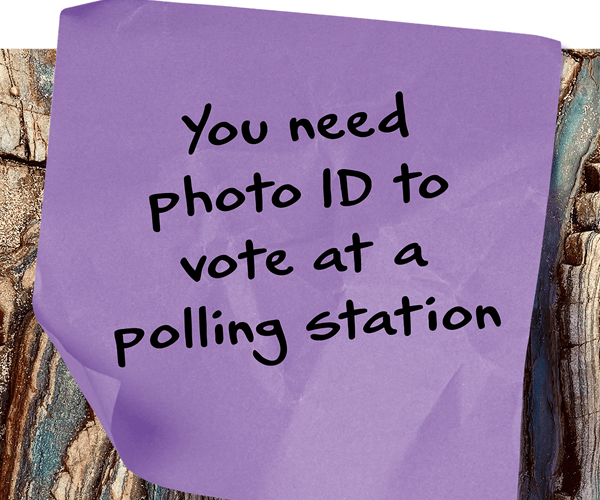Chris
6/9/2025 8:29:33 AM
4 mins read

Around 14,000 people across North East Lincolnshire care for a loved one, according to the most recent Census in 2021. Many of whom could be providing unpaid care for up to 50 hours a week.
Carers Week, an annual campaign run by Carers UK, highlights the challenges faced by unpaid carers, recognising the outstanding contribution they make to their families, friends and communities.
This year, which runs between 9-15 June, the theme ‘Caring About Equality' is highlighting the inequalities faced by unpaid carers, including a greater risk of poverty, social isolation, and poor mental and physical health. Caring responsibilities can have a huge impact on the carer’s life, both day-to-day and long-term, affecting relationships, health, finances, school and work.
Far too often, carers of all ages miss out on opportunities in their education, careers, or personal lives, just because of their caring role. It is vital that we recognise the contribution carers make to their families, local communities, workplaces and society, and that they get the support they need.
What makes a person a carer?
Anyone who looks after a family member or friend who has a mental or physical illness, a disability, an addiction, or requires additional support as they age, is a carer.
In some cases, the individuals involved might be unaware they have become a carer as the transition from short-term help to long-term care can sometimes be subtle. Carers Week aims to help people who don't think of themselves as having caring responsibilities to identify as carers and access much-needed support.
To find out more about what support is available for unpaid carers, visit carerssupportcentre.com
Unpaid carers are more likely to suffer ill health compared to someone who is not a carer that has the same background and job. 70 per cent of carers report a long-term physical or mental health condition, disability or illness, compared to 50% of non-carers. Unpaid carers often take part-time hours or give up their jobs completely so that they can care for someone.
The most recent Census 2021 found that there are 5.8 million unpaid carers in the UK and that 1.7 million people in the UK are providing 50 or more hours of care per week.
Councillor Stan Shreeve, deputy leader of North East Lincolnshire Council and portfolio holder for health, wellbeing and adult social care, said:
“People are living longer, and many choose to stay at home, so may become dependent on other people’s care. The amount of people caring is now off the charts compared to 10 years ago. We need to give our unpaid carers the support they need and deserve. Their dedication continues to support the health and care sector, and they must be acknowledged and appreciated for this.”
Helen Walker, Chief Executive of Carers UK, said:
“Caring for a loved one should never be a reason for facing inequality, but sadly this is a reality for many in the UK. Unpaid carers are desperate for a break, for better health and social care provision, financial support and equality in the workplace. Over half say they need better understanding and recognition from the public.
“Carers Week 2025 is a crucial opportunity to increase awareness, highlighting those who provide vital care to family members, friends or neighbours when they need it most. We want to see a future where they have the right support and the same opportunities to lead healthy and financially secure lives alongside their caring role.”
TSB Bank is the headline sponsor for Carers Week 2025, which is also kindly supported by Regina UK and Centrica.
Kate Osiadacz, Head of Responsible Business, TSB, said:
“We are proud to back Caring for Equality to shine a light on the near six million unpaid carers in the UK who risk falling behind financially simply for fulfilling their caring responsibilities.
“We have seen first-hand the impact our paid carers leave has on colleagues who are carers, and would encourage all businesses to introduce this vital support.”




